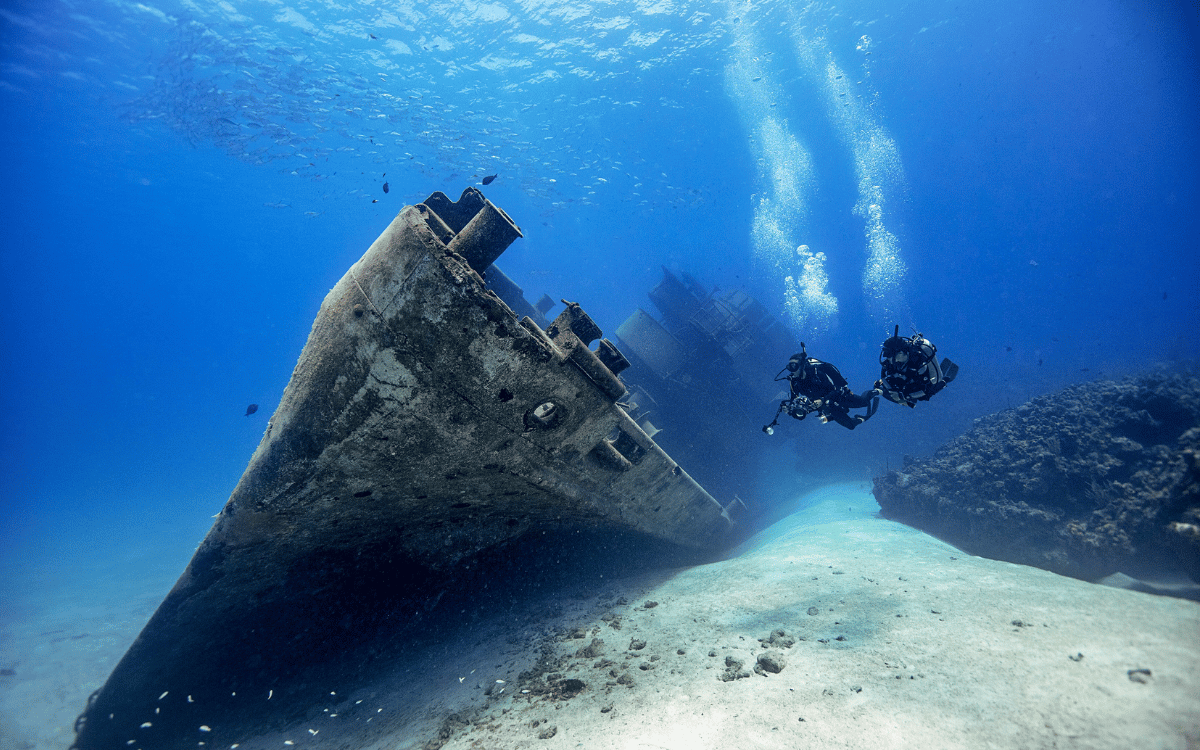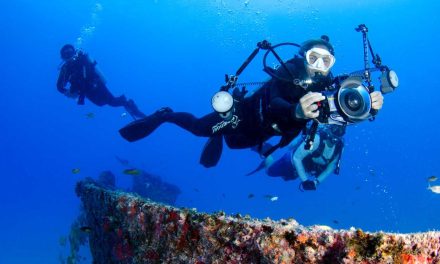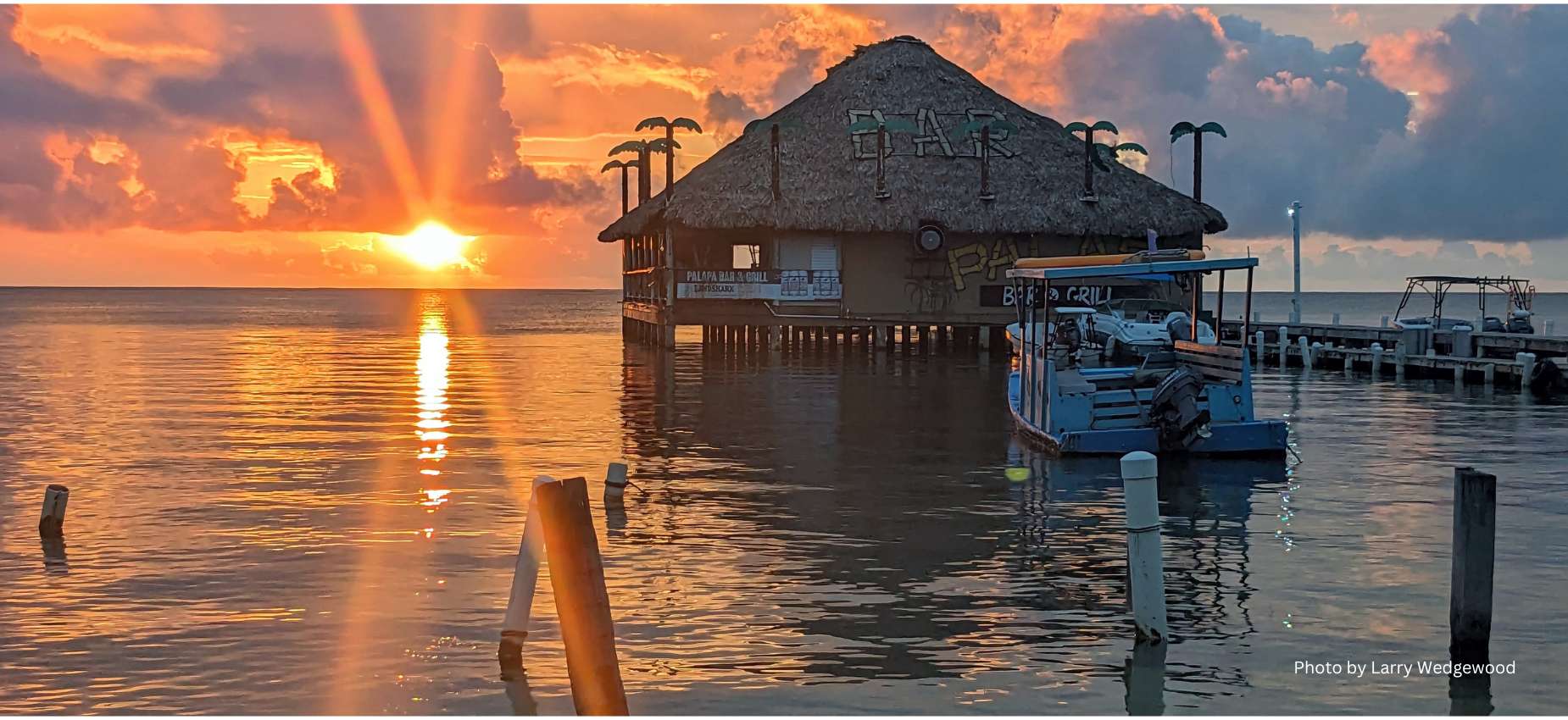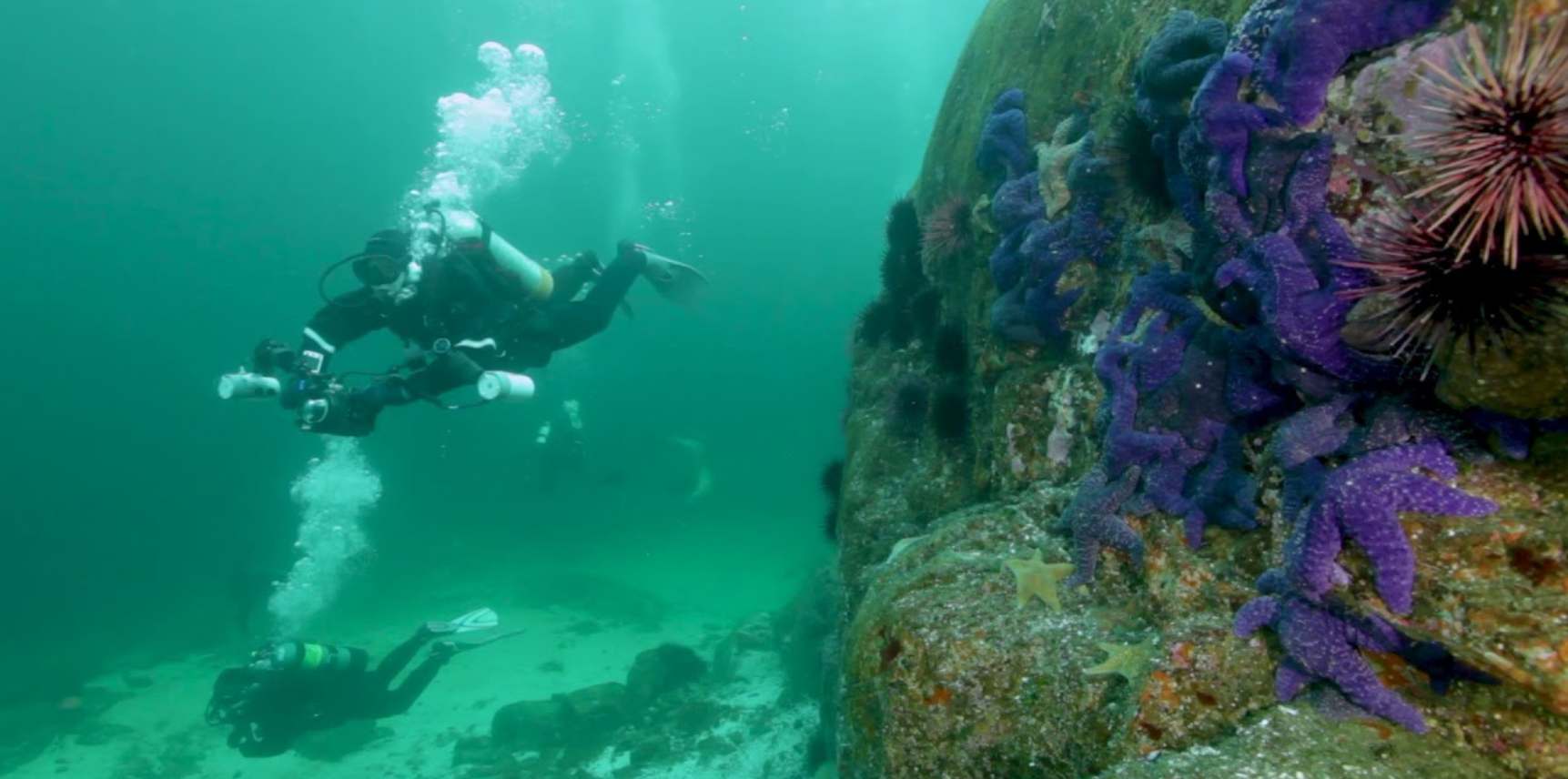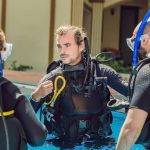Common Mistakes, Scuba Divers Make, Why They Happen, and How to Avoid Them
Why mistakes happen and how to avoid them
While diving accidents are rare, they can have serious consequences. Understanding the most common mistakes, why they happen, and how to avoid them is essential for becoming a safe and confident diver.
In this article, we’ll explore the key factors that contribute to diving risks, why proper training is so important, the professional role of dive instructors, and how a mentor can help you become a safer diver. Plus, we’ll include a call to action for continuing education and courses that can enhance your diving skills and safety
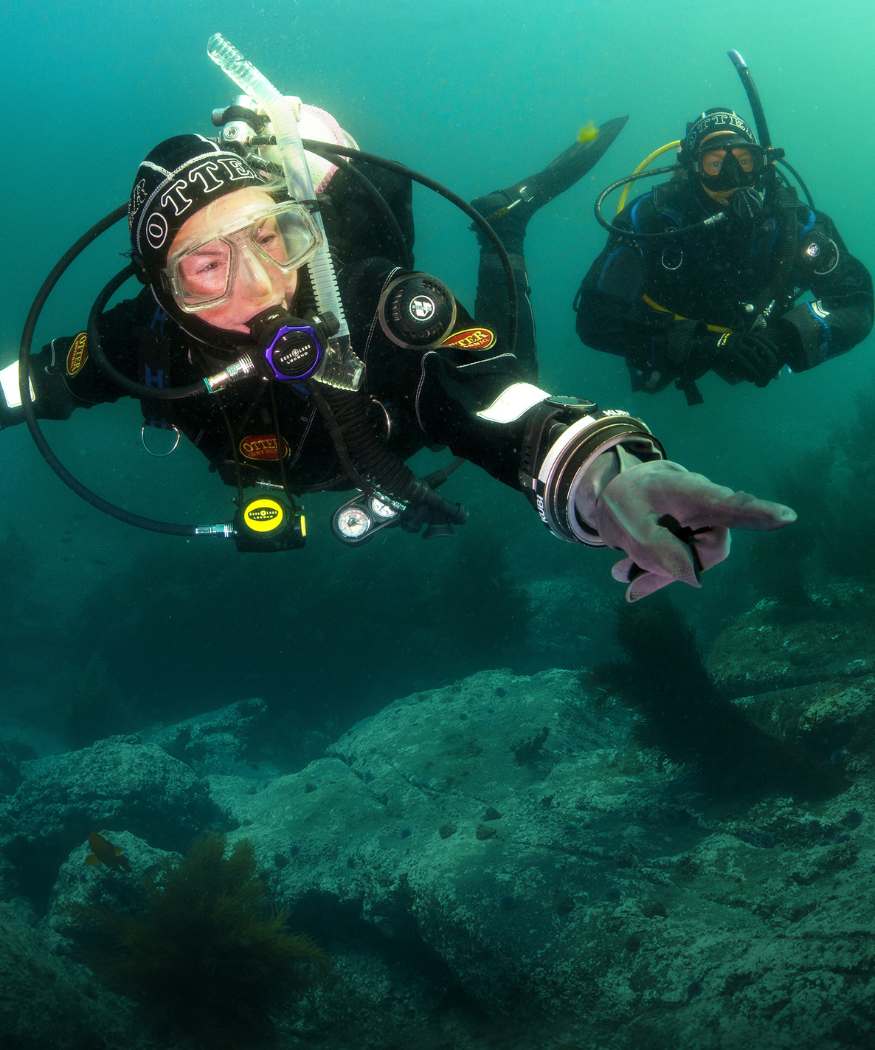
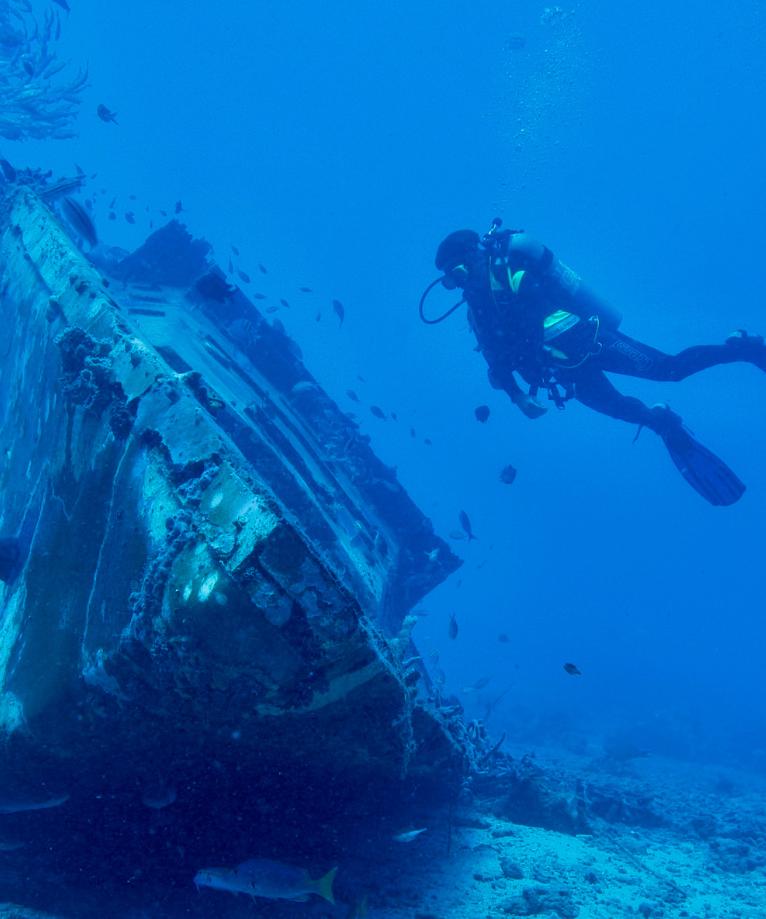
3. Equipment Failure
Another major risk to divers is equipment failure. While diving gear is designed to be highly reliable, neglecting regular maintenance or using faulty equipment can lead to serious problems. It’s important to check all your gear before each dive and ensure it’s in good working condition. Even minor issues can cause major complications when you’re underwater.
4. Panic and Overexertion:
Fear or panic is a natural human response, but in the underwater world, it can lead to disastrous consequences. Whether it’s a feeling of claustrophobia or a sudden loss of control, panic can result in uncontrolled ascents, exhaustion, and other dangerous behaviors. Overexertion, like struggling against strong currents or swimming too fast, can also lead to exhaustion, disorientation, and risk of injury.
Common Mistakes Divers Make
1. Running Out of Air:
One of the most common and dangerous mistakes new divers make is running out of air during a dive. This is often due to poor planning, failure to monitor air supply, or diving with a buddy who isn’t paying attention to their own air consumption. Running out of air can quickly escalate into a life-threatening situation, especially if you’re deep underwater or in a remote location.
2. Inadequate Dive Training:
Diving beyond your training limits can have dire consequences. Many divers begin their adventure with an Open Water certification but then dive in more challenging conditions without additional training or experience. Diving in strong currents, deep water, or with technical equipment requires specialized knowledge and experience. Not having the proper training increases the likelihood of accidents.
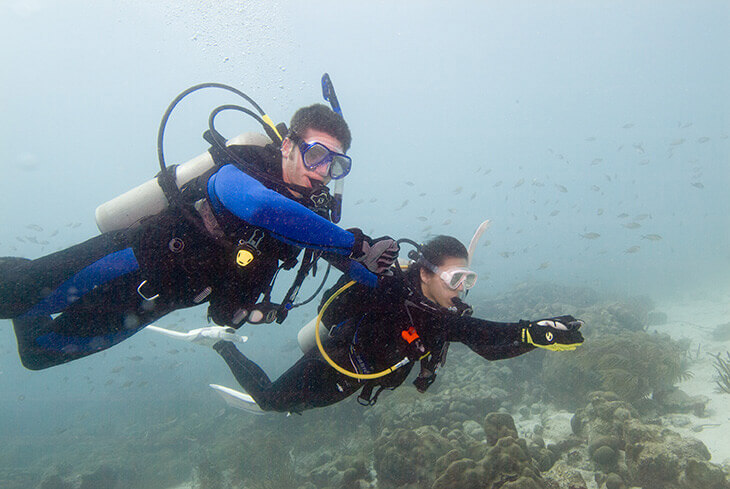

5. Ignoring Safety Protocols:
Failing to perform necessary pre-dive checks, not following dive tables, or neglecting to monitor depth and time are all common mistakes divers make. Ignoring these protocols can lead to decompression sickness, nitrogen narcosis, or running out of air. Safe diving requires consistent attention to these details.
6. Solo Diving:
Diving alone may seem like an appealing idea for those seeking solitude or independence, but it can be incredibly dangerous. Without a buddy, you’re alone in a potentially life-threatening situation with no one to help in an emergency. Scuba diving is a team sport, and having a dive buddy can make all the difference when things go wrong.
7. Environmental Factors:
Many divers overlook the importance of understanding and preparing for environmental factors like strong currents, poor visibility, and extreme water temperatures. These conditions can add stress to a dive and increase the likelihood of accidents. It’s essential to choose dive sites that match your experience level and to be prepared for the specific environmental challenges of the dive.
8. Encounters with Marine Life:
While rare, encounters with marine life are sometimes cited as a cause of accidents. Divers may panic when confronted by large or unfamiliar creatures, causing them to make dangerous decisions. Although the risk of dangerous marine encounters is minimal, divers should always exercise caution and respect when interacting with marine life.
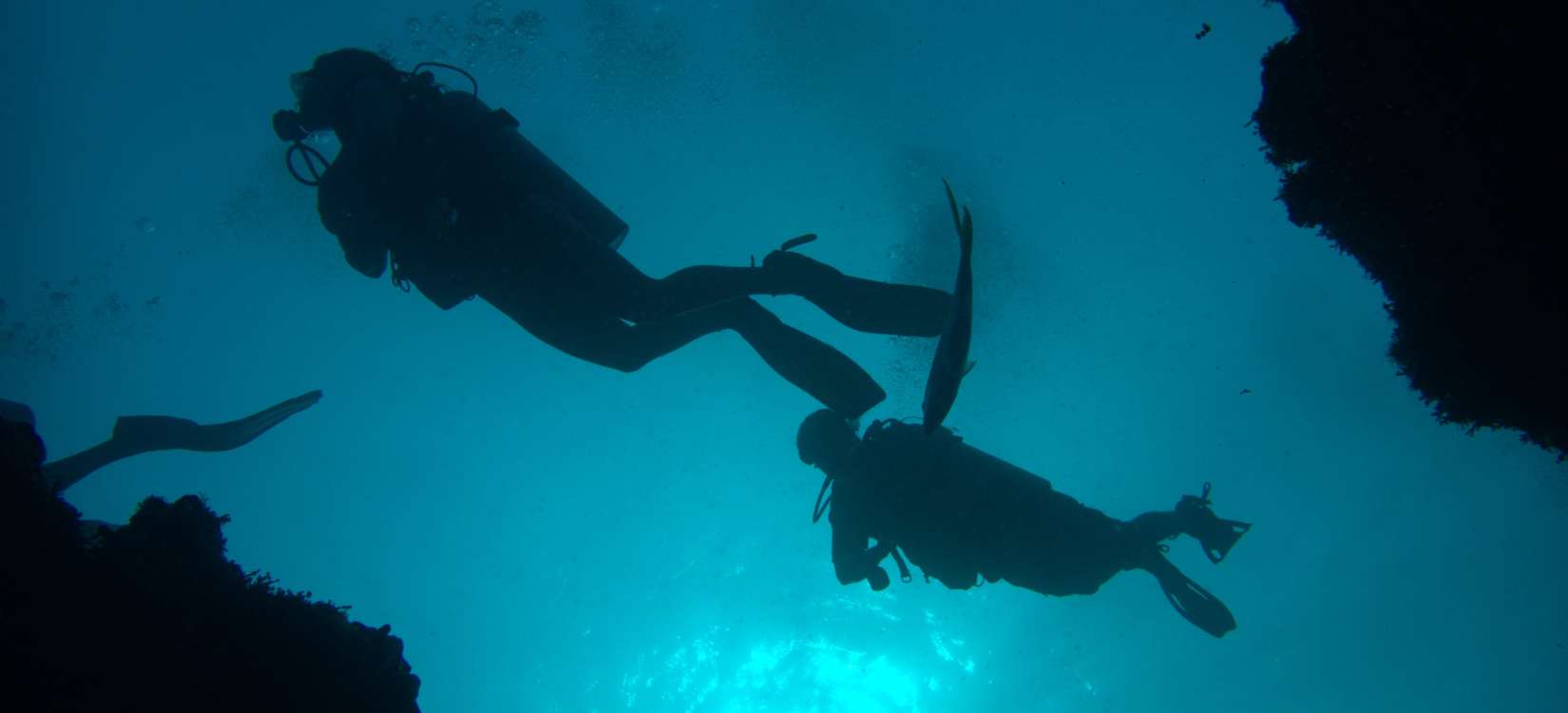
Why Do These Mistakes Happen?
Mistakes in diving often happen due to a combination of factors, including lack of experience, inadequate training, failure to plan, and not properly assessing dive conditions. Let’s dive deeper into why these mistakes occur and how certain attitudes can put divers at risk.
Lack of Experience:
New divers are still learning the ropes, and their inexperience may lead to overlooking critical details such as air supply management or dive plan adherence. Experience comes with time, but it’s essential to always dive within your skill level and know when to seek help.
Miscommunication or Lack of Buddy Awareness:
Sometimes, divers fail to communicate effectively with their dive buddy or aren’t paying attention to their own air consumption or dive profile. Effective communication is key to diving safely and preventing unnecessary risks.
False Belief or False Confidence:
Many divers, especially those who have logged a few dives, can develop an inflated sense of confidence. They might believe they are invincible or that they know everything there is to know about diving. This false confidence can result in risky behavior, such as diving beyond one’s limits, not adhering to safety protocols, or neglecting to monitor air supply or depth properly.
Underestimating Risks:
Many divers underestimate the risks of diving, especially after their initial training. As they gain confidence, they might become more complacent, thinking that they know enough to dive without additional preparation. This mindset can lead to dangerous decisions that put their safety at risk.
Complacency:
As divers gain experience, they sometimes become complacent, believing they don’t need to follow the same safety checks and protocols they did as a beginner. This false sense of security can result in missing important steps, such as reviewing dive plans, equipment checks, or even air supply management. Over time, complacency can breed dangerous habits that may lead to accidents.
Not Doing a Scuba Refresher:
A common mistake many divers make is not doing a refresher course before returning to diving after a long break. Over time, it’s easy to forget some of the critical skills learned in training, especially if you haven’t been diving regularly. Scuba refreshers, which often include a dive with an instructor, can help you re-familiarize yourself with basic techniques and safety protocols. Skipping this step can lead to unnecessary risks, as you may not remember all the safety measures or may feel anxious or unsure during a dive. Refresher courses ensure that you’re properly prepared before diving into more complex scenarios.
What Does It Take to Be a Safe Diver?
Being a safe diver requires knowledge, skill, discipline, and the willingness to learn. It’s not just about having the right equipment or being in good physical shape—it’s about maintaining a constant awareness of your dive environment and your personal limits.
Keep Diver Knowledge Up Tp Date
A strong understanding of dive theory, safety protocols, and emergency procedures is essential. This comes from formal training, dive courses, and experience. The more you learn about the science behind diving—such as how nitrogen is absorbed into the body or the effects of pressure on the human body—the better prepared you’ll be to make informed decisions underwater.
Refresh Skills And Learn New Ones:
Being a safe diver means honing essential skills such as buoyancy control, air management, and emergency procedures. With practice, these skills will become second nature, allowing you to focus on enjoying the dive rather than worrying about your safety.
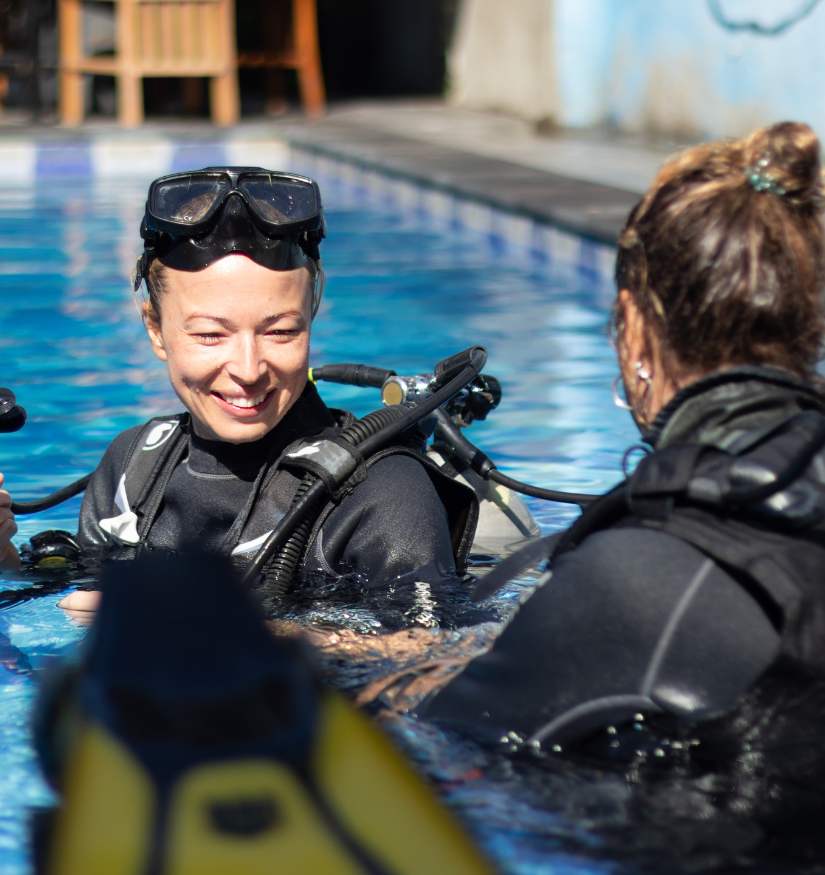
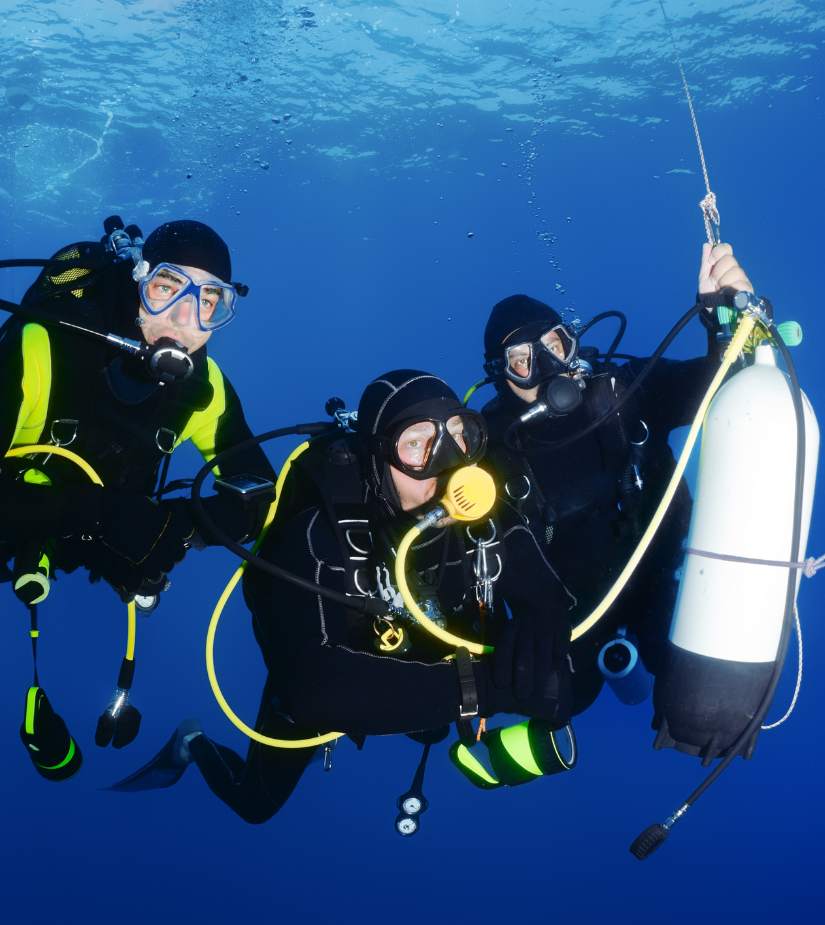
Discipline:
Safe diving is about following established guidelines and procedures. This includes everything from performing pre-dive checks to sticking to your dive profile and avoiding the temptation to push your limits.
Constant Awareness:
Diving requires continuous awareness of your surroundings, your buddy, and your dive conditions. It also means keeping an eye on your air supply, depth, and time throughout the dive. A safe diver is always mindful of their environment and willing to call the dive if conditions change or if they feel unsafe.
Continue Your Scuba Education
If you’re ready to take your diving to the next level, continuing education is essential. Taking courses like the PADI Advanced Open Water, Rescue Diver, and Emergency First Response (EFR) from instructors like Course Director Larry Wedgewood will help you become a safer and more confident diver.
Stay safe, dive smart, have fun, and continue to explore the wonders of the underwater world with confidence and scuba intelligence!


